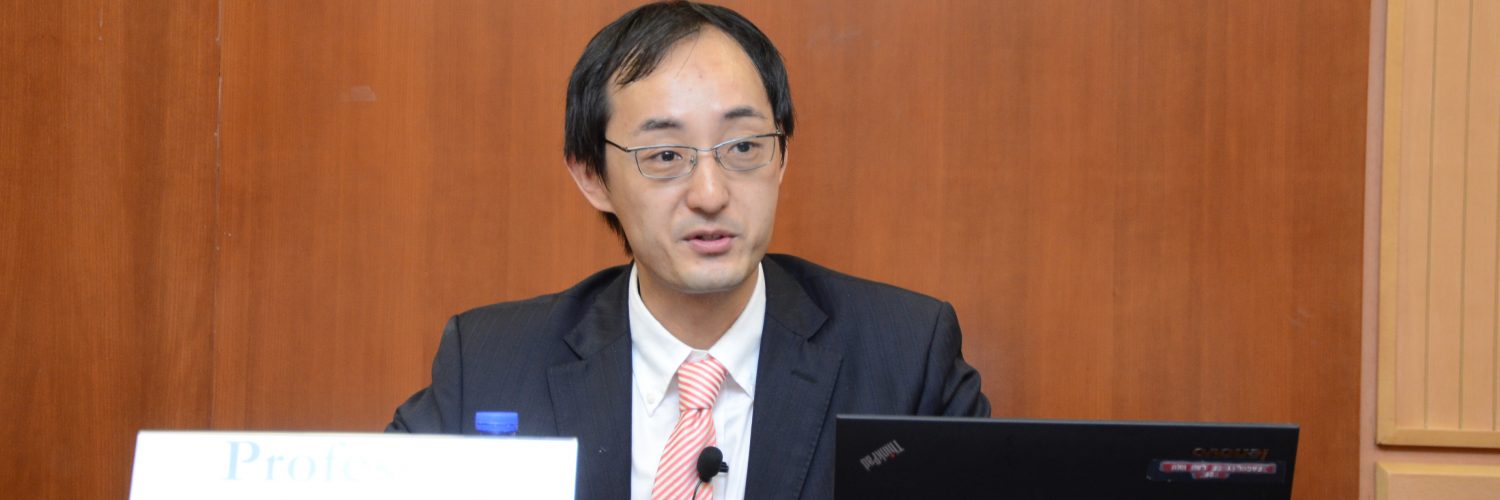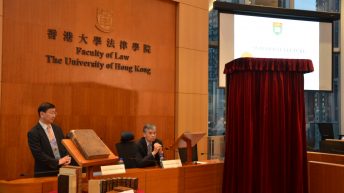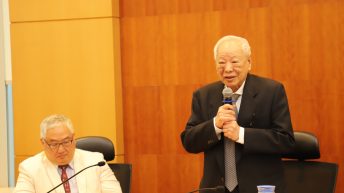Date: 02May 2014
SYNOPSIS:
Much has been said on the normative question of whether and in what ways courts ought to engage with foreign law. Rarely, however, do scholars broach the empirical question of why some courts make greater use of foreign law than others. This paper tackles the problem with an in-depth investigation of the Japanese Supreme Court, the Korean Constitutional Court, and the Taiwanese Constitutional Court. Evidence from interviews conducted with numerous justices, clerks, and senior administrators suggests that a combination of mutually reinforcing structural factors create the conditions necessary for comparativism to thrive. The first factor is institutional capacity: a court that lacks any institutional mechanisms for learning about foreign law is unlikely to make more than sporadic use of foreign law. The second factor is a supportive system of legal education: even the most elaborate of institutional mechanisms for facilitating comparativism is unlikely to be effective unless it is backed by a system of legal education that produces an adequate supply of lawyers with both an aptitude and appetite for comparativism.
Examination of the reasons for which courts engage in comparativism also reveals a hidden dimension of judicial behavior. Comparativism is not simply a means by which judges craft arguments or decide cases; it is also a form of diplomatic activity aimed at goals such as promoting the rule of law and judicial independence in other countries. The concept of judicial diplomacy helps to explain why constitutional courts engage in certain practices that are only tenuously related to the act of adjudication. FULL DETAILS




